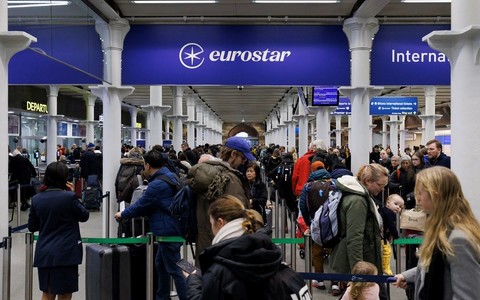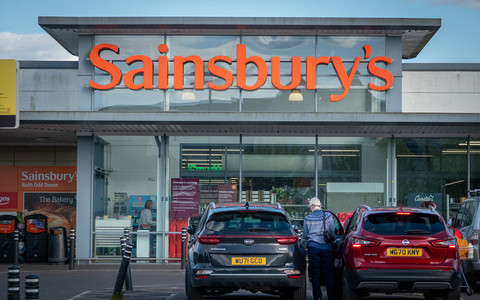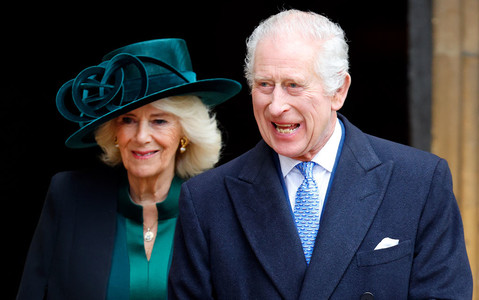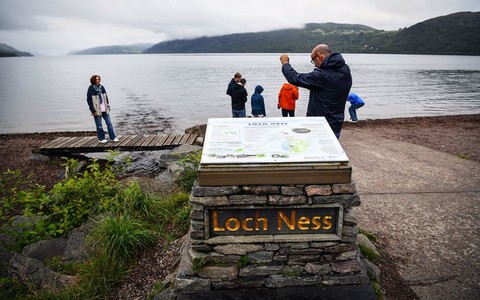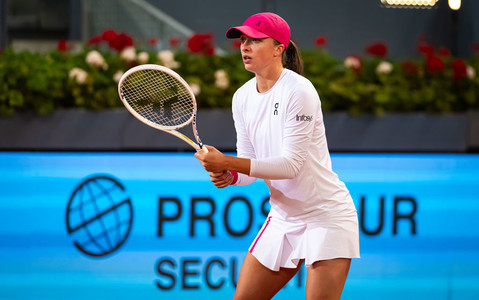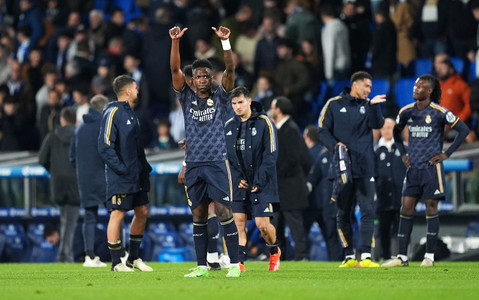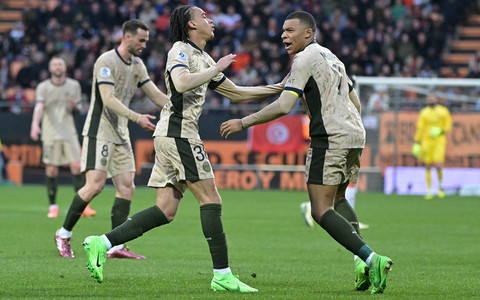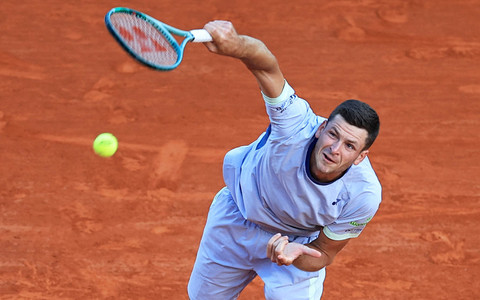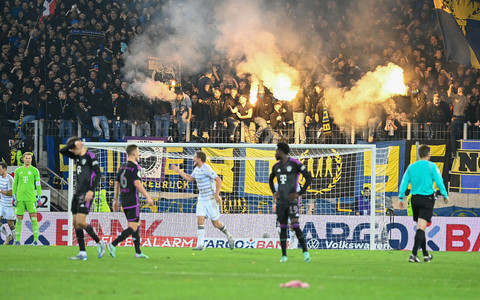Arkadiusz Melon, the first Pole with a degree in financial mathematics from the LSE
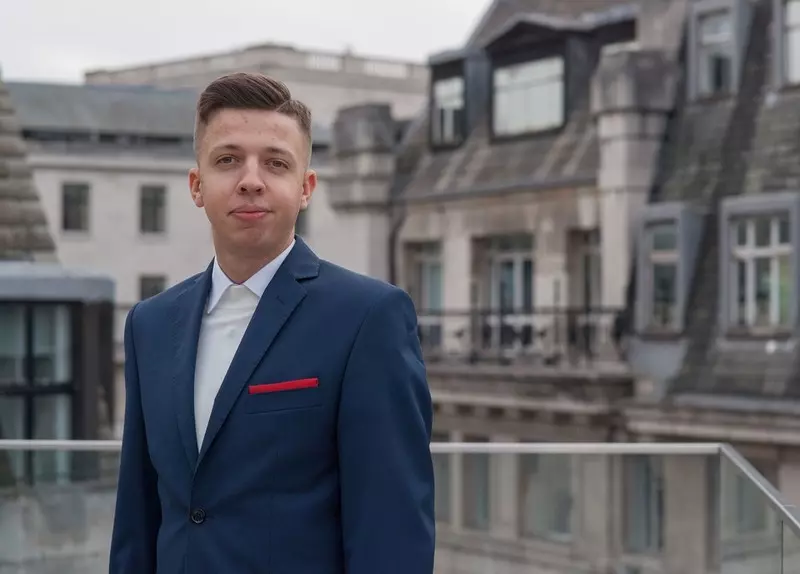
Financial mathematics is an interdisciplinary field of study. Studying it at London School of Economics (LSE), one of the best universities in the world, requires not only excellent academic performance but also meeting numerous conditions. Starting with surpassing several hundred candidates from around the world, as there are 25 applicants for each available spot. However, as Arkadiusz Melon, now an LSE alumnus, asserts, “impossible does not exist”. In our conversation, we delve into the challenging path, passion, overcoming stereotypes, many twists and turns, and the courage to ask questions with the first and only Pole to complete graduate studies in financial mathematics at the London School of Economics.
Right after receiving a diploma from the London School of Economics, you wrote on social media, ‘As a teenager from Mszczonów, I never thought that I would manage to become a graduate at one of the best universities in the world. I have become the first Pole in history who finished financial mathematics at the London School of Economics (...) Dreams come true! Did you visualise exactly such a dream?
Arkadiusz Melon: Indeed, I had visualised this dream, but only a few months before submitting all the documents for the university.
Was this a vision conceived by Arek back in elementary or high school?
AM: Definitely not. If so, then it would probably have been as abstract a thought as many theories I later had the chance to explore. I am from Mszczonów, it’s a very small town, with a population of about six thousand people. Studying abroad, at the best university—it’s something you read about only in newspapers or hear on television. It’s just unreal. I haven’t attended either a class for talented students or the best schools in Poland.
But still, you are a specialist in the field of financial mathematics, probably one of the few in Poland, but certainly the first one with a title of “magister” (master’s degree) after the LSE. Where is the beginning of the road to the London School of Economics?
AM: I think it’s in my curiosity about the world, in my need to find answers to many questions that have always come to my mind. They have puzzled me. At first, I didn’t know which path is mine, but I did know that my path is to search, discover, gain knowledge. I’m not sure exactly what was the reason for that, but I had the courage in me to ask questions. And I think that the beginning of this road is asking questions exactly, a curiosity of some sort. I was the type of student (and later, a university student) who asked questions, stayed after classes to delve into topics that interested me. And I was genuinely interested in many things. It wasn’t just one field, like mathematics, which I later chose. It was more of interdisciplinarity—and that’s something I would also count as part of my good start at London School of Economics. When going to the high school, I did pick a mathematics–physics class because the calculations and analysis were always dear to me, but I wasn’t convinced on what field I want to tie my future with. And what’s more, my learning results weren’t outstanding; they were just good.
So, this path was by no means obvious, and even some unknowns appeared along the way.
AM: Definitely. Especially, when I chose to study mathematics at the University of Wrocław but gave up after a semester. Mathematics, at that very moment, seemed too abstract to me, too detached from reality. That was not what I was looking for. I came back to my hometown thinking what to do next. I found a major that interested me at Department of Economics at the University of Warsaw. I applied. And... didn’t get in. I could have chosen another major, but I knew that it wouldn’t be it. I wanted to study economics. I decided to attend evening studies because I found a mention in the regulations stating that the top 10% of students could transfer to full–time studies. I took that risk. At the end of the first year of my studies, I achieved the 4th best result in the entire program, which not only allowed me to transfer to full–time studies but also earned me the rector’s scholarship.
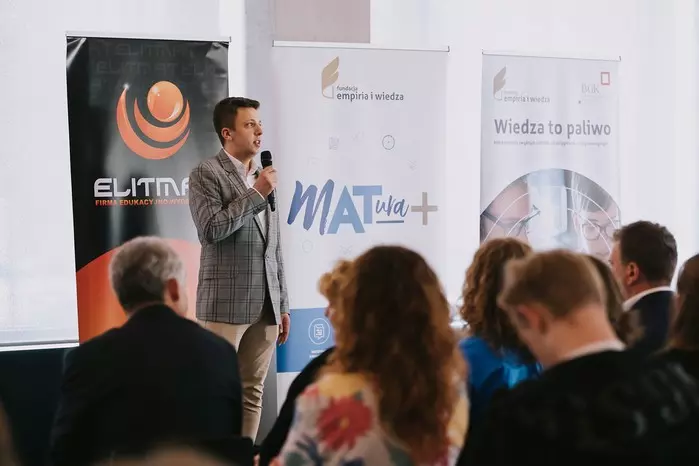
Speech during a summary of ‘Matura+’ project, photo: Joanna Zdancewicz
Intuition and determination?
AM: Yes, in my case, it was a combination of both. Despite achieving what I really cared about, I felt that economics is only partially what I want to do. After choosing finances and accounting as my major, paradoxically, I realised I missed mathematics. I realised that this interdisciplinarity, that we talked about, is something for me. I applied for an individual course of studies. To be granted, I had to be in the top 5% of students and present a proper argument, proving that such an inconspicuous way of studying, my individual path of development, would bring value. I also had to find a mentor and a way to study two majors at once. I met all the requirements; my achievements and interdisciplinary approach to learning was appreciated, and the application was accepted. Again, my curiosity and habit of asking questions from an early age proved to be crucial for my development.
I assume that the challenge itself served as motivation.
AM: Yes. And, in the meantime, thanks to the desire to face this challenge as best as possible, the international aspect comes into play. I started to search, read, ask about how it is organised in the world. And here, coming back to the beginning of our conversation, this dream of studying at the best university, in an international environment started to truly motivate me.
Was it a confirmation of your choices, this place, and this moment?
AM: Yes. I believed in myself; I saw that my results stood out against other students. I wrote a bachelor’s thesis based on my knowledge from three disciplines that I acquired during an individual course of studies. Despite the fact that the study I conducted for the thesis was the first of its type in Poland and required much effort, I knew that the combination of the fields is for me, and I wanted to go down this road. I found my discipline and decided to devote myself into it—to finish master’s degree in financial mathematics (MSc in Financial Mathematics) at the London School of Economics.
Was it without any further plot twists?
AM: It would seem so, but... I found a major on one of the best universities in the world. Always, from the early years of education, I sought options that would allow me to learn and develop as much as possible. But also, I would give a lot of myself. I would find time for scientific circles, competitions, helping friends. I enjoyed learning; I was curious about solving a particular problem or task, but I also shared what I knew with pleasure. And I took a risk. In truth, I didn't know where my limits were, so I kept raising the bar. I thought that if I were to study abroad, it should be at the best university. In the application, of course, academic results mattered—individuals from around the world have the best results in their countries—but the results alone are not enough. Equally important was convincing the committee that this direction was for me, that I would thrive in it, contribute value, that it was my passion that I pursued not only in the traditional academic setting but also beyond the university. Scientific circles, foundation, initiatives. I had a lot to write in my application. So I could show all of my engagement and versatility. And so, I found myself on the list of 29 students from around the world who were accepted for this major. But... I still had to obtain money.
And surely, studies at this type of university are quiet expensive.
AM: That’s true; the costs of studying at the LSE are very high. My first thought after admission was euphoria, of course—I got in! But the second was—what next? I had only about three months to get the money. While there are scholarships at the London School of Economics, they typically don't often go to Poles. After Brexit, we are also not entitled to British federal loans. My loved ones gave me their life savings. But I don’t come from a wealthy family that could finance my studies. I remember talks with companies and consecutive rejections. Until I came across the ‘Empiria i Wiedza (Experience and Knowledge)’ Foundation, which supported me. I became the first scholarship recipient in the history of the foundation. And this happened two weeks before the start of the studies…
You had to have really strong nerves and—I'll repeat—a lot of determination...
AM: I really had doubted if I would really go to that university. I got the information about getting the support literally right before the flight. But I have succeeded, I am getting on the plane! It’s my first flight ever—I’m moving, with a small luggage, to the place where I have no family, no friends, where I have to work hard at the university, and I started to question if I could manage that. Looking at it in hindsight, I am probably even more terrified now than I was then when I decided about this. But, on the other hand, I got an opportunity that I was fighting for; it was worth taking the risk and benefiting from it as much as possible.
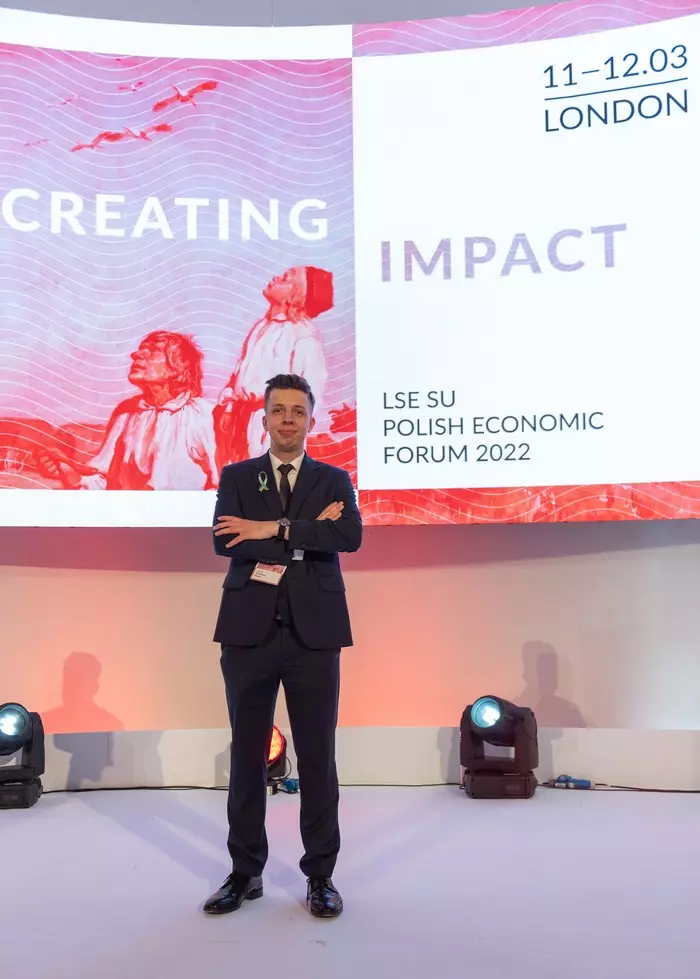
Official closing of the Polish Economic Forum 2022, photo: LSE SU Polish Business Society
As we know, you managed exceptionally well, but what was the most challenging part in all of this?
AM: Adapting to a very high pace of learning, which I had not experienced on such a scale before. The most talented people from around the world have been accepted to the LSE. In addition, at the beginning of the studies (after two weeks of reviews), it turned out that I am a bit behind because of the difference in the educational systems. I have finished all the previous stages of my education with distinction, I was at the top 1% of students at the University of Warsaw, but at the LSE, I had to catch up. I was used to getting the best results in my study program, but at that point, I was starting anew with the students who had successfully finished top universities, in Great Britain and China, among others. I must admit that initially, the level of difficulty in my studies in London seemed almost cosmic to me.
One could say that you entered the mode of training professional athletes striving for the highest achievements in their fields. How did you organise your daily life to achieve those set goals and overcome these cosmic difficulties?
AM: It’s a very accurate comparison. I worked out a plan and consequently followed it. I won’t lie; it’s hours spent on studying first of all, solving tasks, analysing models. It’s hard work. The LSE’s library is open 24 hours per day. I was spending several hours a day there. And not only me—my friends too. I was in some kind of rhythm: classes, library, regeneration. My father has asked me once, ‘What are you doing on WhatsApp at this hour, has something happen?’ In Poland it was five am, in London—four. My dad was going to work, I—was going back from a library. I have spent thousands of hours studying mathematics, finances, and informatics. I was often taking a rest in Hyde Park, in greenery— I was listening to music and often contacting my family there. I would sometimes, coming back from my breaks, happen to came up with an idea that would allow me to solve some mathematical problem. My whole life was devoted to my studying rhythm.
What qualities does one need to have to endure in such a rhythm?
AM: Diligence and perseverance. Seemingly, as for professional athletes, there are also ups and downs in studying on a global level. There are moments of doubts and despite it, you still have to do this so–called ‘training’, meaning you have to start analysing another abstract model and pages full of tasks. You have to put what’s the most important at the first place and stick to the plan. And being consequent, of course. You have to be devoted to this path from an early age.
Secondly, courage and curiosity. You have to have courage to push your limits, to become better and better every day and to not fear the failure. You have to have the curiosity in you to ask questions, to participate in discussions, to attend so–called ‘office hours’ (consultation for students, taught by professors), during which you can discuss with professors and make the most out of their extensive experience.
It is said that the more challenges one has, the busier one is, the more effectively one can use their time—do you agree with this statement?
AM: My case confirms that. During studies in London, I have been engaging in Polish Business Society who organises Polish Economic Forum. That’s the biggest conference about Poland beyond its border. Leading politicians, scientists, and businessmen take part in it. It was, of course, very enriching for us, students, but the commitment motivated me to work in the association and organise the forum. After all, we were accepted to the best universities, we had received the support, so in some way we try to give back to the society, help in the development, contribute to the debate, discussion.
Do you have a sense of mission related to sharing knowledge, promoting science, inspiring others to take risks and achieve what may seem impossible?
AM: Definitely. For as long as I can remember, I would try to share my knowledge and show that science can be interesting and fascinating. In middle and high school, I helped my peers; now I engage in ‘Matura+’ project, implemented by ‘Empiria i Wiedza (Experience and Knowledge)’ Foundation. But primarily, I want to show my history to break the stereotypes and debunk the myths. I firmly believe that our place of living and our family’s wealth don’t determine our worth and what we can accomplish. I try to show that the impossible does not exist. To inspire to take the first step, to take the risk. Maybe thanks to this, another Polish student from a small town who chooses LSE, Oxford, Cambridge, or any other university will fulfil their dream.
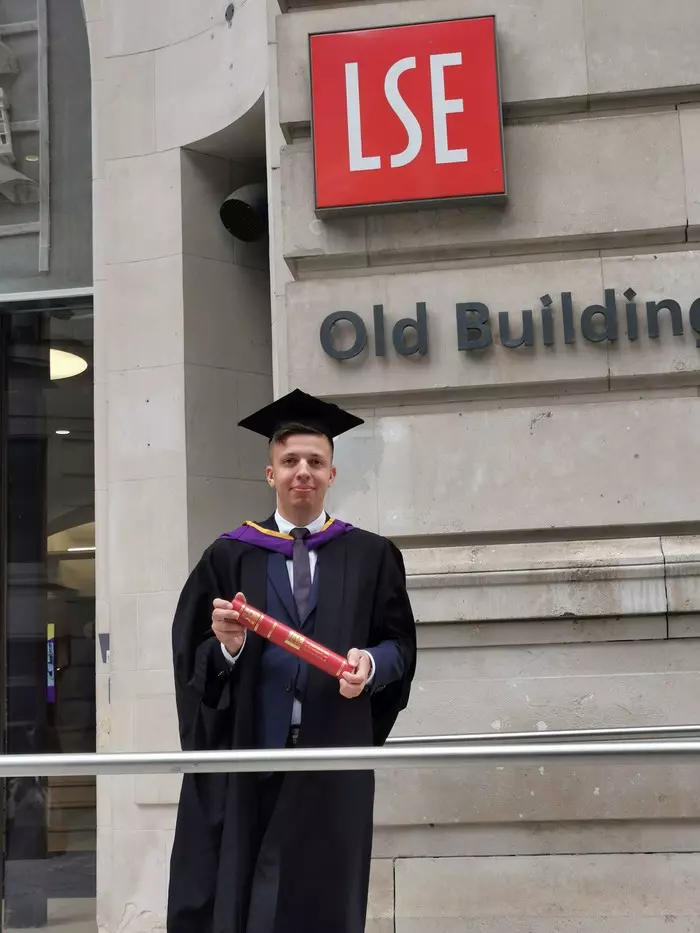
Official master’s degree studies graduation at LSE, photo: private archive
I also believe that the goodness we share comes back to us. It's worth doing things for others, and it's worth seeking help from others. I am an example of that.
What are your career plans?
AM: I would like to combine mathematics and finances in my work. Currently, I work at Polish Development Bank (Bank Gospodarstwa Krajowego) as a specialist in asset and liability management. I am involved in the project of transitioning from the WIBOR reference rate to WIRON and calculating FTP transfer prices.
The LSE studies provided me with not only knowledge, but also team spirit. I feel excellent in the international environment, so in the future, I don’t rule out working on international projects.
Another dream?
AM: I would like to start MBA studies in the USA after several years of a professional career. I believe it is worth to constantly learn. The development of our competencies is simultaneously the ability to adapt to new realities, which is extremely important in the context of recent global events. For me, interdisciplinary skills certainly help in shaping the ability to adapt.
And the courage to ask questions?
AM: Of course (laugh). My professor and mentor also appreciated it. Before my graduation, I have received from Professor Bernhard von Stengel (author of ‘Game theory basics’) a dedication: “To Arkadiusz, who seems to enjoy learning game theory from this book, and his many questions”. I encourage everyone to embrace this courage and curiosity.

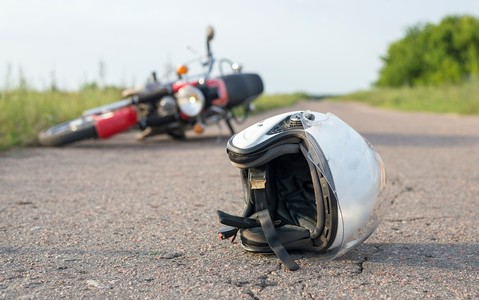
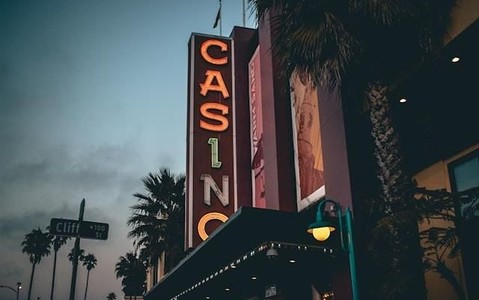
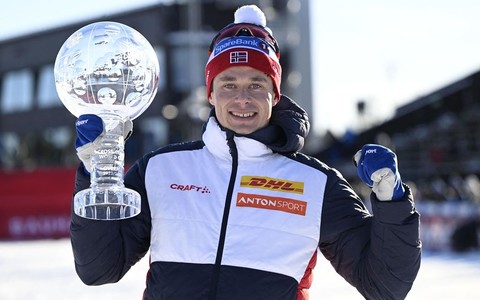
![Prawo aborcyjne w Europie [REPORTAŻ]](https://assets.aws.londynek.net/images/jdnews/2251908/385480-202404120853-m.jpg)
